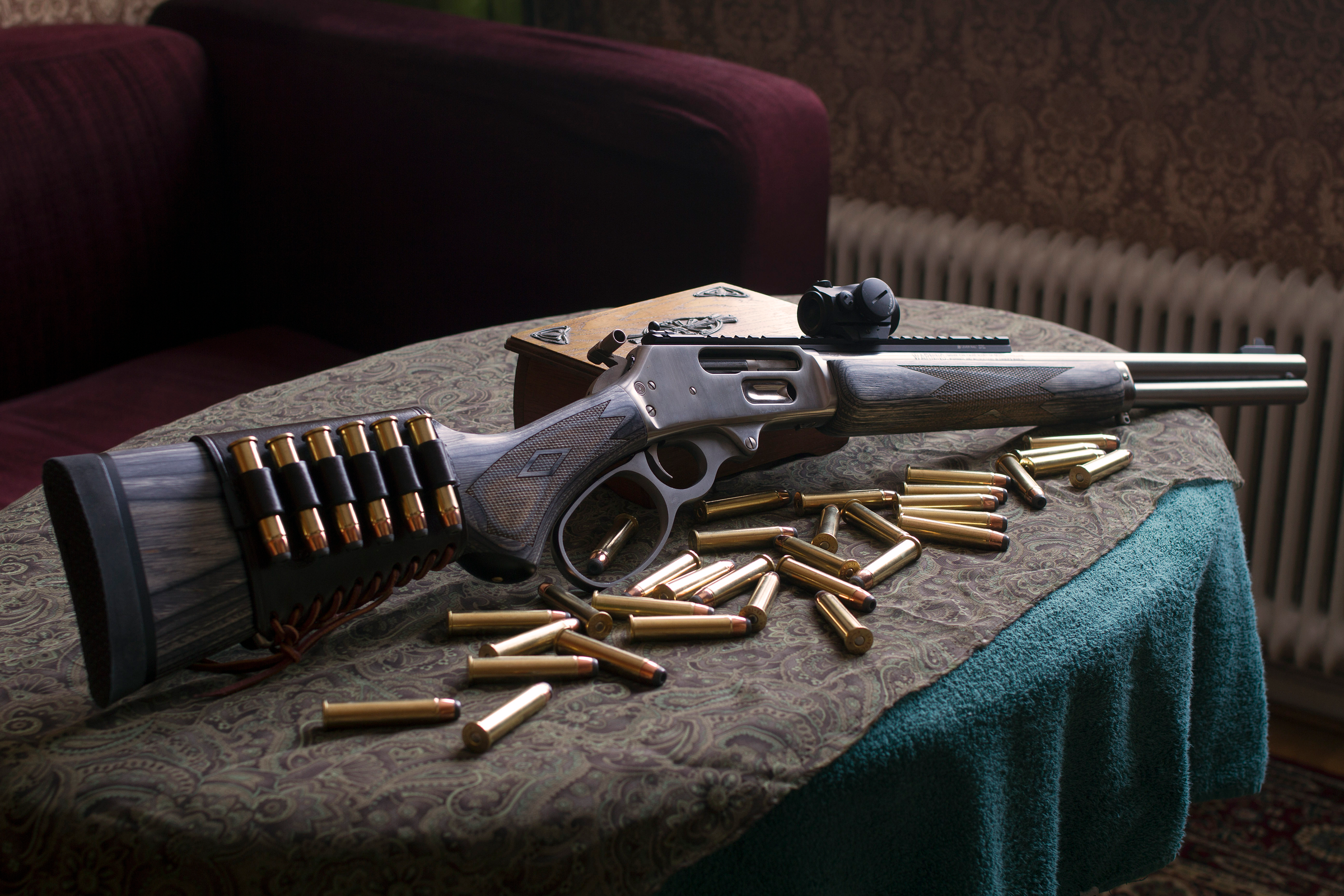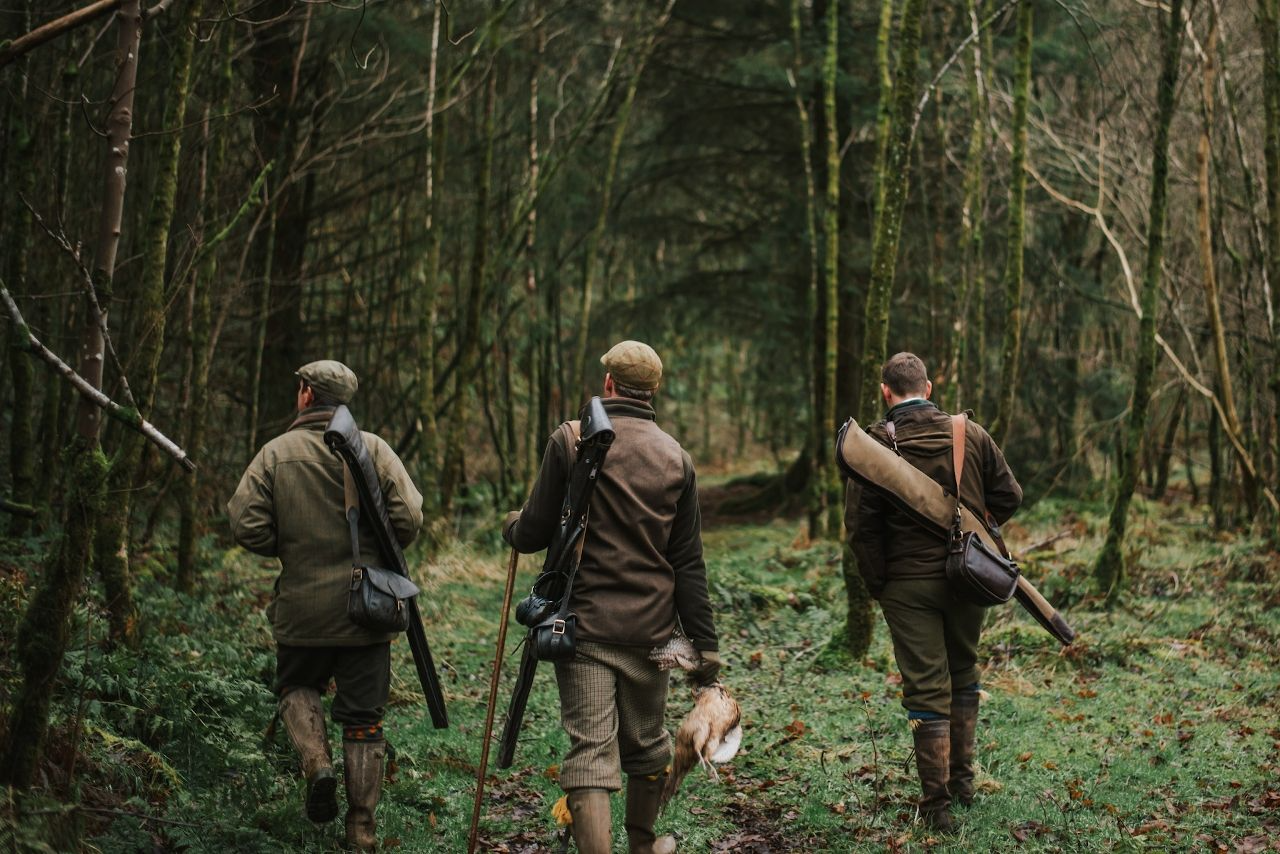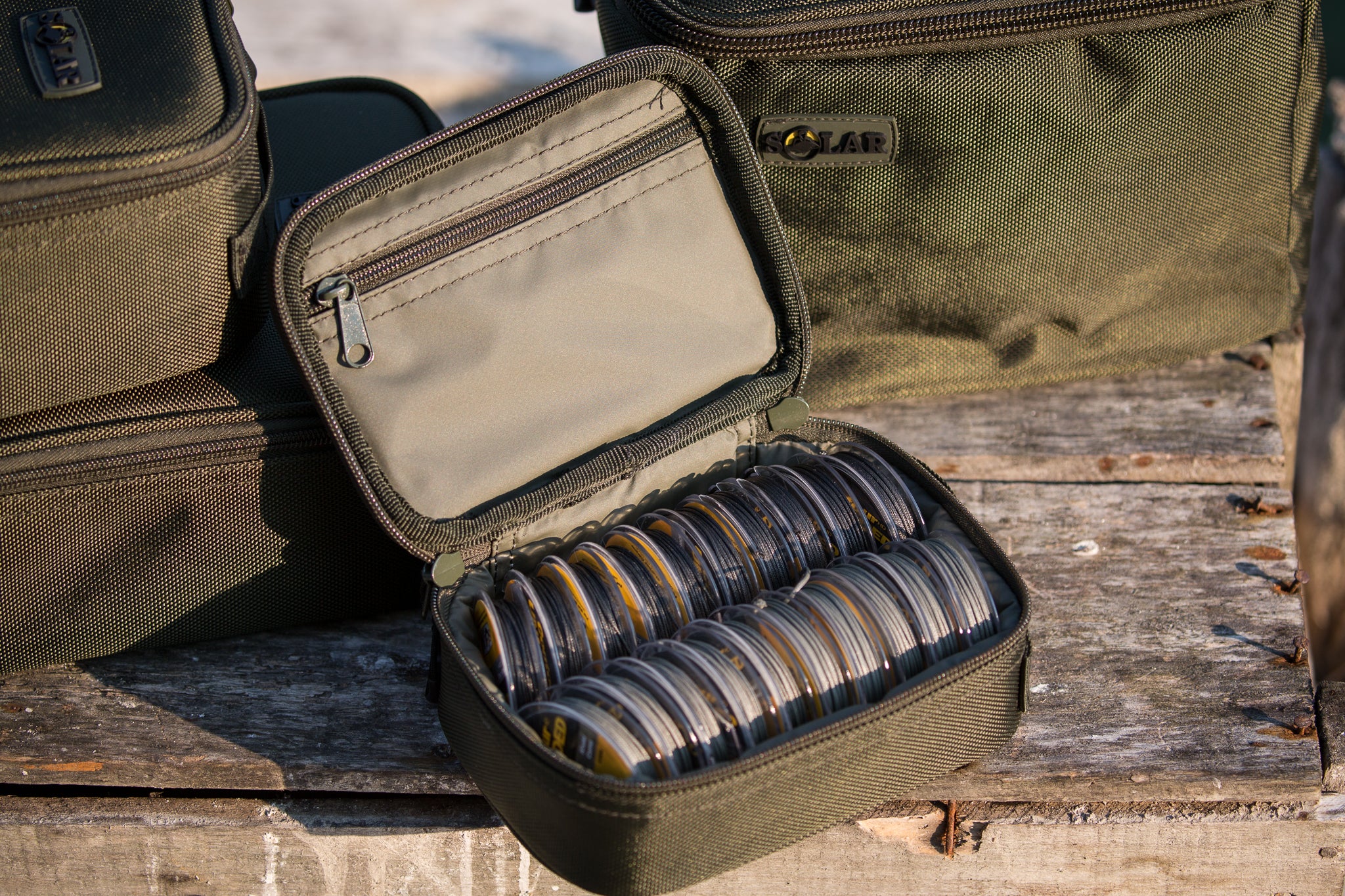Silent but Strong: How to Avoid Noisy Gear That Scares Away Game
For hunters, silence can be the difference between a successful hunt and going home empty-handed. Animals are acutely tuned to their environment—one creak, jingle, or scratch from your gear is enough to send them running. While strength and durability are critical when choosing hunting equipment, quiet performance is just as important.
In this guide, we’ll explore how to select silent yet durable hunting gear and what adjustments you can make to keep noise to a minimum in the field.
Silent but Strong: How to Avoid Noisy Gear That Scares Away Game
Why Silent Gear Matters in Hunting?
Game animals often detect sound before they see or smell a hunter. Even subtle noises like:
-
Clinking metal buckles,
-
Velcro ripping open,
-
Squeaky boots, or
-
Rustling fabrics,
can instantly alert them. Silence isn’t about luxury—it’s about stealth, patience, and precision, all of which increase your odds of success.
Common Sources of Noisy Gear
Before fixing the problem, you need to identify where sound comes from:
-
Backpacks & Buckles: Hard plastic and metal components click or rattle as you move.
-
Clothing Fabrics: Certain synthetics swish with every step.
-
Footwear: Cheap soles can squeak or crunch loudly.
-
Accessories: Loose zippers, dangling tools, or noisy calls.
How to Choose Silent but Strong Hunting Gear?
Opt for Quiet Fabrics
Look for gear made with brushed, soft, or fleece-lined materials that absorb sound rather than amplify it. Water-resistant fabrics designed for hunting are often tested for noise reduction.
Reinforce with Rubber and Padding
Rubber-coated buckles, padded straps, and silicone sleeves on metal tools cut down rattling.
Choose Durable, Non-Squeaky Boots
Leather boots with quality rubber soles not only last longer but also step more quietly than cheaper alternatives. Break them in before the hunt to reduce squeaks.
Avoid Velcro in the Field
Velcro may be convenient but is notoriously loud. Opt for magnetic closures, silent zippers, or button snaps designed for hunting gear.
Secure Loose Items
Use paracord or elastic straps to tie down anything that might jingle. A quiet hunter is always a well-organized one.

Extra Tips for Reducing Noise
-
Practice Moving Slowly: Even silent gear can make noise if you rush.
-
Wrap Metal in Tape: Electrical or camo tape muffles contact sounds.
-
Use Silent Packs: Invest in hunting backpacks specifically designed with noise reduction in mind.
-
Inspect Gear Before Every Hunt: Check for wear, loose hardware, or materials that could betray you in the field.
Final Thoughts
Strong gear is essential for durability, but silence is essential for success. By choosing materials and designs that prioritize quiet performance, and taking steps to secure your equipment, you can move through the woods undetected. Remember—the quieter your gear, the closer you can get to your target.























